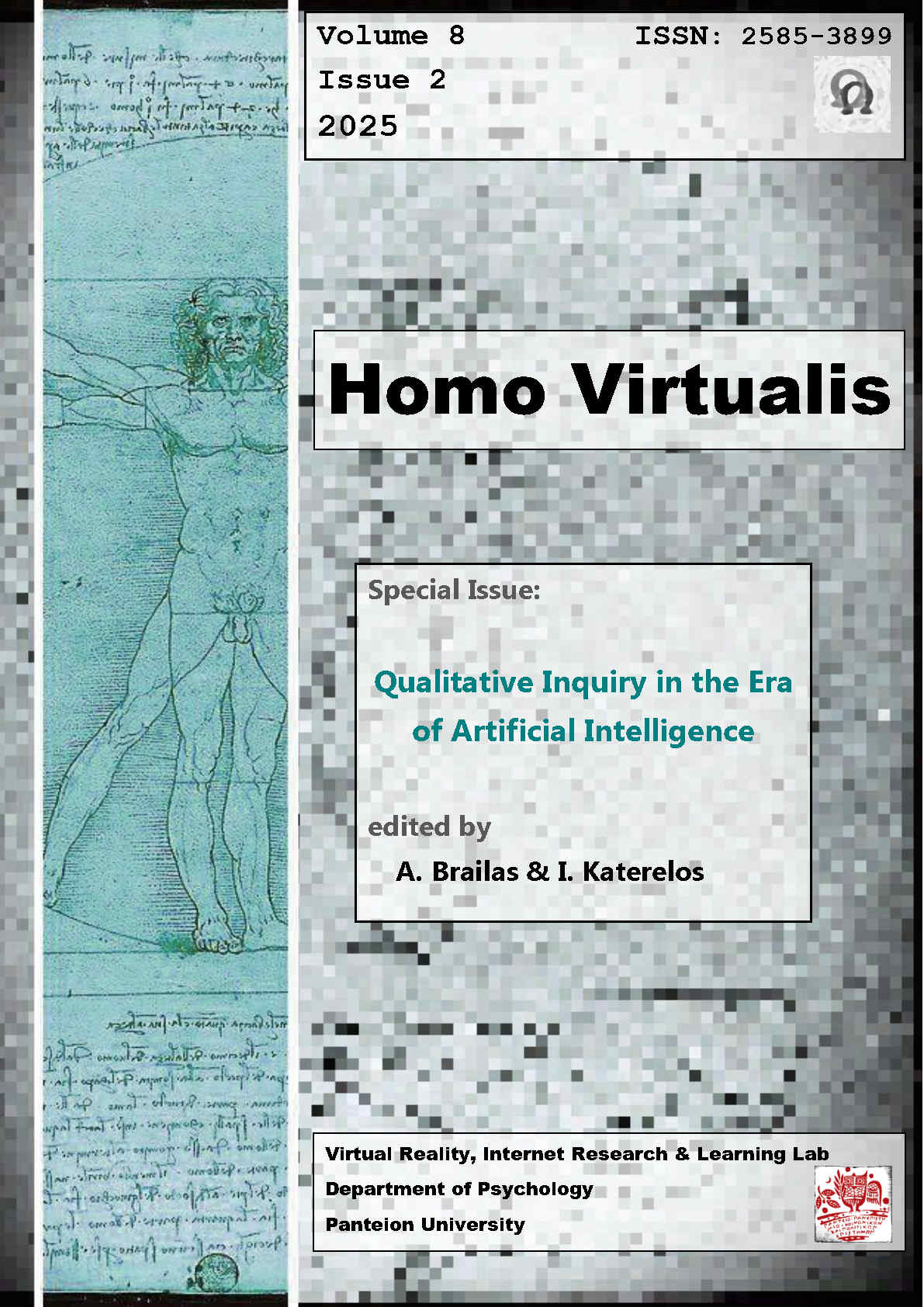Interpersonal relationships and academic experiences in emerging adulthood: An exploration of challenges and resources
Resumen
The aim of this study is to examine the developmental stage of emerging adulthood through the eyes of the participants, with an emphasis on their lived experience in academia. For this purpose, it employs a phenomenological qualitative inquiry through creative multimodal methods. The focus of the study is on the psychosocial effects, difficulties, and resources that characterize this period, from the perspective of interpersonal relationships and academic experiences. By combining appreciative inquiry with semi-structured multimodal interviews, participants (10 individuals aged 20–25) were given the opportunity to share the feelings and experiences they go through, and to express how these affect their everyday lives. The results indicate that emerging adults are in search of their identity and are constantly reshaping their personality. This process creates tensions and double binds, and clearly influences their close interpersonal relationships. They begin to better understand those around them, and to handle the difficulties they face with a more optimistic attitude. However, it also appears that young people, despite their strong pursuit of independence and autonomy, continue to prioritize their close interpersonal relationships and wish to keep them alive. The academic environment also plays an important role in their lives, providing them with essential resources for the future. Further research and inquiry are proposed regarding the role of the academic context in young people’s lives, as it constitutes a crucial part of their personal life and exposes them to new challenges.
Article Details
- Cómo citar
-
Nika, E. (2025). Interpersonal relationships and academic experiences in emerging adulthood: An exploration of challenges and resources. Homo Virtualis, 8(2), 375–411. https://doi.org/10.12681/homvir.43496
- Sección
- Articles

Esta obra está bajo una licencia internacional Creative Commons Atribución 4.0.
Authors who publish with this journal agree to the following terms:
· Authors retain copyright and grant the journal right of first publication with the work simultaneously licensed under a Creative Commons Attribution License that allows others to share the work with an acknowledgement of the work's authorship and initial publication in this journal.
· Authors are able to enter into separate, additional contractual arrangements for the non-exclusive distribution of the journal's published version of the work (e.g. post it to an institutional repository or publish it in a book), with an acknowledgement of its initial publication in this journal.
· Authors are permitted and encouraged to post their work online (preferably in institutional repositories or on their website) prior to and during the submission process, as it can lead to productive exchanges, as well as earlier and greater citation of published work.



